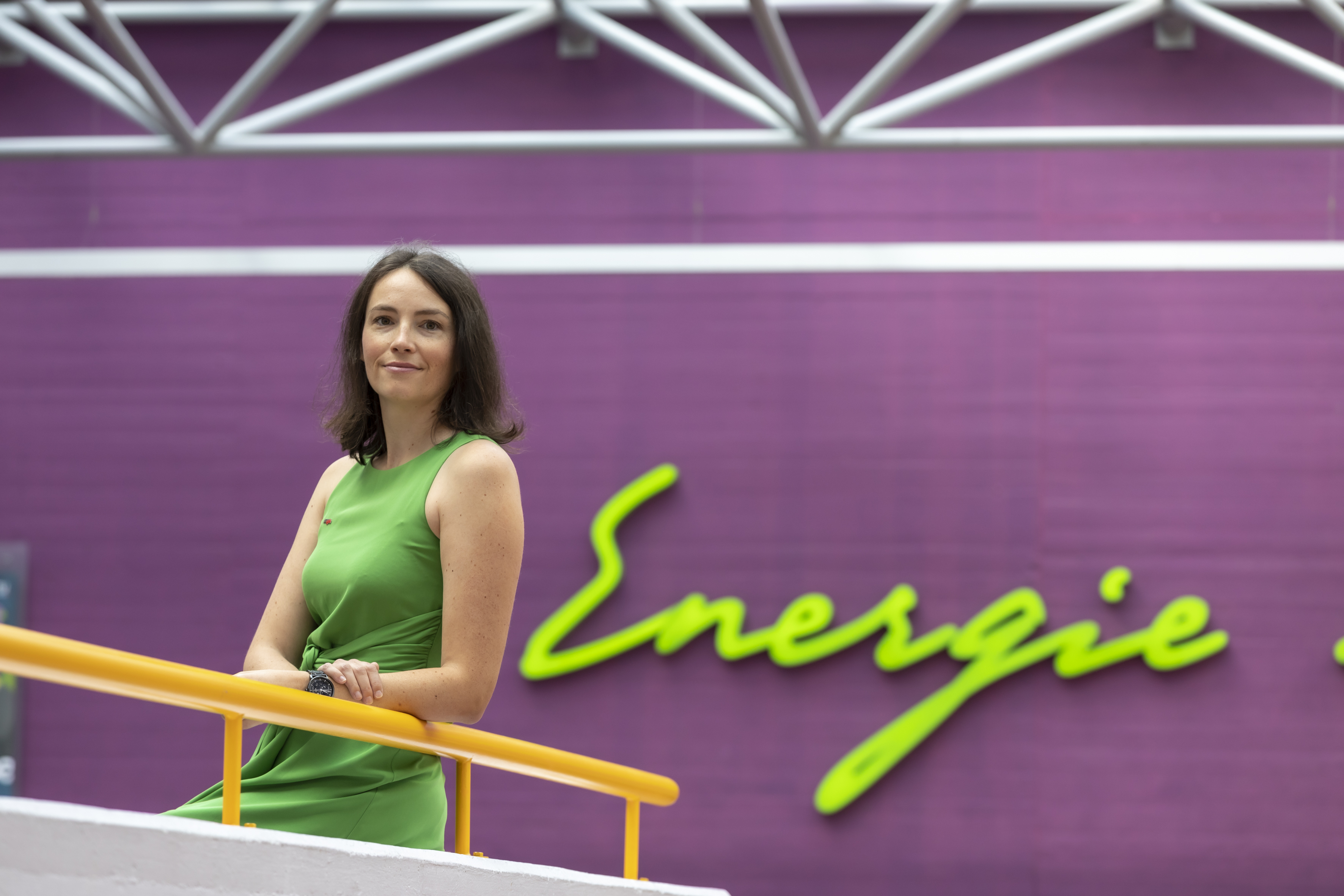Decarbonisation of Energy Systems: Research Center ENERGETIC

The goals are ambitious, and there is no alternative in view of the climate crisis. The EU has to achieve full decarbonisation by 2050. Austria wants to achieve this goal by 2040, and nationally balanced climate neutrality in the electricity sector by 2030. The transformations required to achieve this affect several sectors, from electricity and gas to industry, transport and mobility, agriculture, housing and heating.
“We are facing unprecedented regulatory, social, economic and technical challenges. It needs effective coupling of the electricity, heat and gas sectors, electrification of transport, active demand management and much more. The ongoing war of aggression on Ukraine and the associated threat of insecurity in European gas supplies have made the path to climate neutrality even more difficult, but have also made it clear that the decarbonisation of our energy systems can only succeed with innovative interdisciplinary approaches to solutions,” emphasises Sonja Wogrin. She heads the Institute of Electricity Economics and Energy Innovation at Graz University of Technology (TU Graz) and is the spokesperson for the newly founded Research Center for Energy Economics and Energy Analytics (ENERGETIC). This latest research centre at TU Graz supports the transformation of energy systems towards complete decarbonisation with interdisciplinary cutting-edge research.
ENERGETIC will be presented and opened on 14th April at Campus Inffeldgasse of TU Graz as the conclusion of a significant two-day event. The World Energy Council (WEC) regularly publishes global energy scenarios that analyse possible developments in the energy sector and project their impact on the energy mix of the future. The next publication is expected to appear in 2024. In it, the new energy scenarios and their effects are broken down to individual world regions. As part of the analysis of the European region, the WEC will hold a deep dive workshop at TU Graz in which representatives from science and research, the energy industry and energy policy will shed light on future developments in the energy sector for the European region. The results of this workshop will be incorporated into the World Energy Scenarios on the one hand and presented in summary form at the opening of ENERGETIC on the other.
Opening of the ENERGETIC research centre
including a summary of the deep dive workshop on Europe’s energy future
Time: Friday, 14th April 2023, 13:15 to 15:15
Place: TU Graz, Campus Inffeldgasse, Inffeldgasse 13c, HS i9, 8010 Graz
The deep dive starts on 13th April at 09:00 and ends with the opening of the research centre ENERGETIC. The event is organised in cooperation with WEC Austria, the Institute of Electricity Economics and Energy Innovation of TU Graz and WEC International, with the kind support of ANDRITZ HYDRO, Energie Steiermark, Energie Graz and voestalpine.
Details about ENERGETIC
The new research centre ENERGETIC is divided into three core research areas. It brings together the technical disciplines and necessary tools to answer the research questions surrounding decarbonised energy systems.
- Modelling and analysis of energy systems
(Lead: Sonja Wogrin/Institute of Electricity Economics and Energy Innovation)
Development of state-of-the-art optimisation and simulation models of integrated, sector-coupled energy systems for operation and planning as well as techno-economic system analyses of decarbonised energy systems
- Digital energy systems
(Lead: Johannes Scholz/Institute of Geodesy and Gerald Schweiger/Institute of Software Technology)
Development of artificial intelligence and machine learning methods for energy systems
- Innovative technology solutions
(Lead: Viktor Hacker/Institute of Chemical Engineering and Environmental Technology)
Development and evaluation of innovative technologies for energy plants, for the use of renewable energies, for the storage of renewable energies including the use of new storage media and for technological developments to reduce energy consumption
Institutes from all seven faculties of TU Graz are involved in ENERGETIC. In addition, cooperation with the existing research centres at TU Graz is being advanced.
What are the TU Graz research centres?
The TU Graz research centres link researchers at TU Graz across disciplines and faculties, aim to pool resources, bring together expertise and make it easier for researchers to work together on important and major challenges. “The centres are a network of different researchers from various institutes and faculties at TU Graz who are conducting research on a common topic,” explains Vice Rector for Research Horst Bischof. “This new initiative is intended to bring together smart minds at TU Graz on one topic, make it easier for them to develop joint ideas and ultimately submit these ideas in the form of projects to funding bodies.” The centres are flexible research associations whose scientific direction is set by a shared research agenda. In addition, there is an external scientific advisory board for each association. The centres have no fixed physical locations, nor are there any budget allocations. For more information, visit www.tugraz.at/go/research-centers
Kontakt
Sonja WOGRIN
Univ.-Prof. Dipl.-Ing. Dr. M.Sc.
Spokesperson Research Center ENERGETIC
Head of the Institute of Electricity Economics and Energy Innovation
Tel.: +43 316 873 7900
wogrin@tugraz.at





